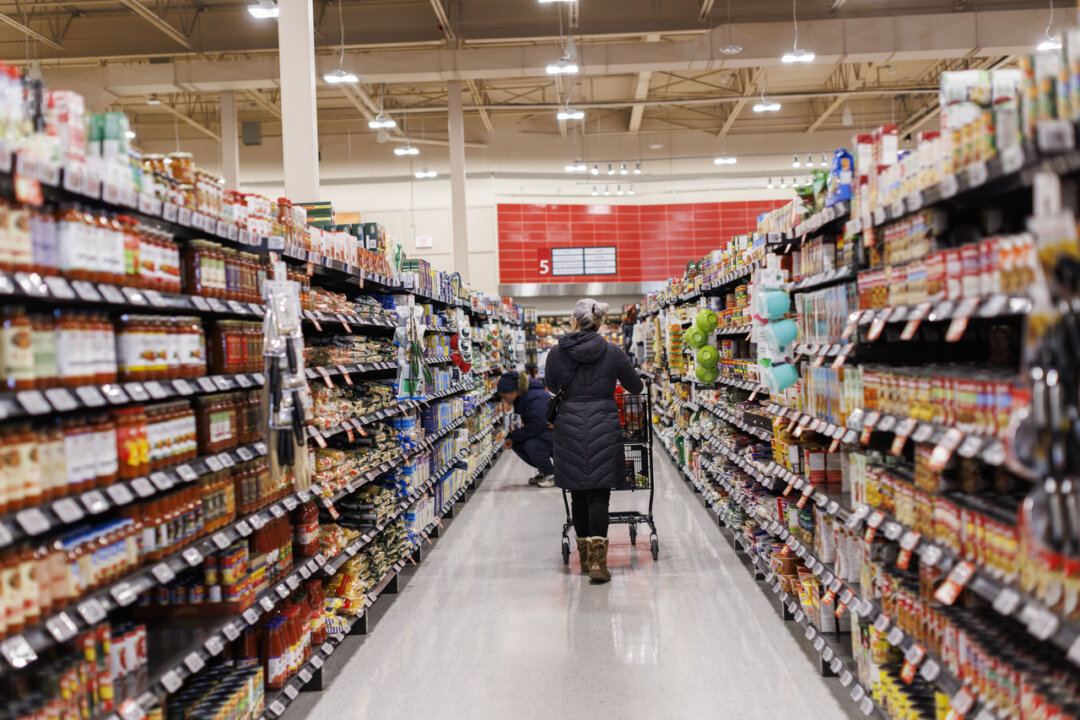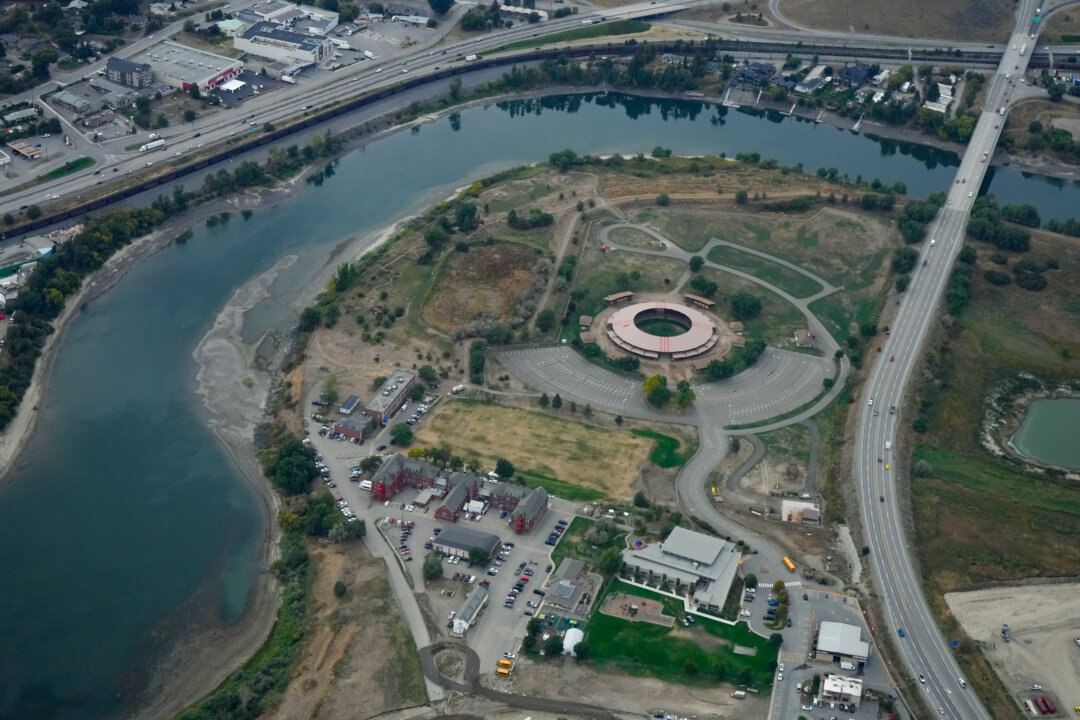
Carbon Tax May Impact Canada’s Food Security
As the federal carbon tax is set to increase again on April 1, Canadian consumers’ “greatest concern” should be its impact on the competitiveness of the food supply chain, a food economics professor says.
On April 1, the federal carbon tax is set to rise by 23 percent, climbing from $65 per tonne to $80 per tonne. This means the carbon tax will make up 17.6 cents of the cost of a litre of gasoline, an increase of 3.3 cents from the current 14.3 cents.
“The greatest concern we should all have is how the policy is impacting our food industry’s competitiveness, from farmgate to plate,” wrote Sylvain Charlebois, senior director at the Agri-Food Analytics Lab at Dalhousie University in Halifax, in a March 16 post on social media platform X.
“The gap between the U.S. and Canada on wholesale food prices has narrowed greatly since 2022, when our carbon tax reached $50 per metric ton. This could have a significant impact on our nation’s food security over time.”
In separate social media posts on March 17, Mr. Charlebois, citing Statistics Canada data, highlighted a significant increase—21 percent—in Canada’s food prices since March 2020, at the start of the COVID-19 pandemic.
According to StatCan’s most recent monthly retail data, the average price of a litre of milk rose from $2.56 in March 2020 to $2.91 by January 2024, an increase of roughly 14 percent. Butter prices surged by about 35 percent, climbing from $4.56 per gram to $6.14 per gram. The price of a dozen eggs rose by 26 percent, going from $3.53 to $4.46.
Mr. Charlebois pointed out, however, that surprisingly, prices for certain products have declined or remained largely unchanged. For example, the price of almonds has fallen by 19 percent, pork shoulders and canned tuna by 14 percent, pork ribs by 13 percent, and chicken breasts by 3 percent. However, StatCan didn’t specify the brands of food products reviewed, he noted.
The carbon tax is also affecting the restaurant industry. In April 2023, in a forecast of wholesale food prices in Canada—prices before the goods are sold to grocers—the professor forecast a 46 percent increase in the cost of restaurant foods by 2025.
Impact on Small Business
The Canadian Federation of Independent Business says the federal government promised to return 9 percent of its carbon tax revenue to small businesses through grants and rebates, but it has returned only 0.17 percent.
This means Ottawa owes small businesses over $2.5 billion, the advocacy group said on a page on its website encouraging readers to sign a petition addressed to Finance Minister Chrystia Freeland. The petition urges the minister to pay the money owed to small businesses and “freeze the carbon tax at its current level,” among other requests
“The tax has undoubtedly contributed to the rising cost of doing business in Canada, and at great expense to small business owners. Small business owners agree: It’s time for Ottawa to fix the broken carbon tax or go back to the drawing board,” the group said on its website.
Under the Liberal government’s Emissions Reduction Plan, the carbon tax started at $20 per tonne of emissions in 2019, rose by $10 per year to reach $50 in 2022, then rose by $15 in 2023, and is set to rise by $15 per year until it reaches $170 per tonne in 2030.
https://www.theepochtimes.com/world/carbon-tax-may-impact-canadas-food-security-professor-5609039
No Excavations Done Yet at Kamloops Residential School as First Nation Provides Update on ‘Complex’ Investigation
"I am honoured to speak directly with Albertans about the road ahead for our province, the choices we face together, and how you will have the final say in shaping Alberta’s future within a strong and united Canada."
https://x.com/ABDanielleSmith/status/2024661280163058030

















